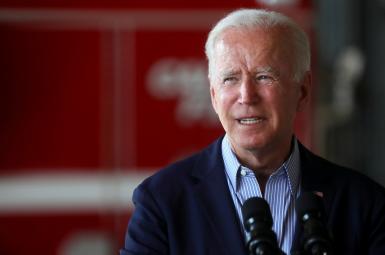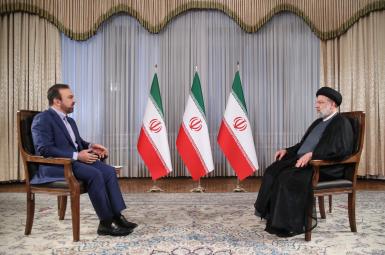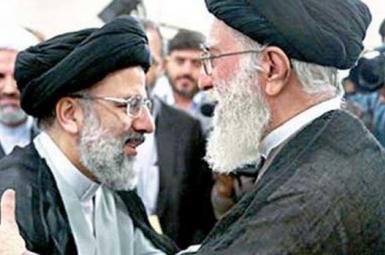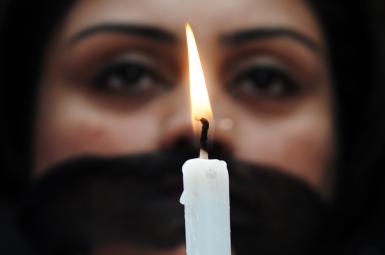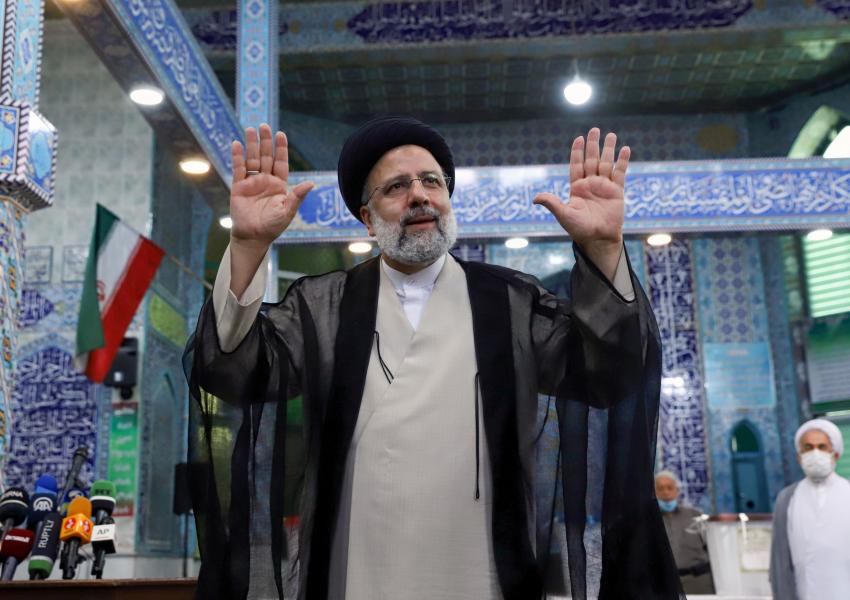
Raisi's Call For Iranian Expats To Return Home Met With Skepticism
At the end of his first news conference after winning Iran's June 18 presidential election, President-elect Ebrahim Raisi (Raeesi) called on millions of Iranians living abroad to return home. He suggested they bring their savings to invest in Iran, which he called "one of the safest places in the world for investment."
Other presidents have offered similar invitations, but for those who returned not everything went well. Kaveh Madani, a former deputy to the vice president for environment, and nuclear negotiator Abdolrasoul Dorri Esfahani, were invited to Iran by individuals close to President Hassan Rouhani.
Madani left after two dozen of his colleagues, mainly former expats, were arrested on espionage charges. One died in custody. Esfahani ended up in jail on spying charges.
Many expats returning for a visit or on business have been arrested. Masoud Mosaheb, an Austrian-Iranian businessman and community leader, took a trip to Iran three years ago with an Austrian delegation and was sentenced to ten years in prison on dubious charges.
In an article in Etemad newspaper, journalist Siamak Rahmani told Raisi(link is external) that the pre-requisite for issuing such an invitation was doing away with “paranoid threats” by security officials and easing intelligence screening of those who return from abroad after a long stay.
Rahmani also noted that many returning Iranians were not able to find a job and those who were lucky often landed in trouble. "You need to tell your colleagues that your invitation is serious and that they need to facilitate expats' easy repatriation," Rahmani advised the president-elect.
“Many of the millions of Iranians who have left Iran for good, left their homeland with a heavy heart … battered by the impacts of unresolved economic and social problems,” Rahmani wrote. “If you want to bring them back, you need to create a safe environment, employment opportunities and economic stability first."
Rahmani suggested Iran was "on top of the list” of high-risk countries for investment: “Many Iranians leave Iran for this reason and for social problems…you need to end the sanctions and create a situation in which banks can work properly like everywhere else."
In an editorial Ghasem Khorrami, editor of the industrial journal Karkhanehdar wrote(link is external): "One of the first things you need to do before inviting Iranian expats to return home is to stop the radicals who are constantly threatening investors and businessmen as part of their celebration for your victory."
Khorrami added that Iran needed to change its foreign policy, respect private ownership, join “the international economic community” and rebuild people's trust in government before being in a position to attract foreign investment or investment by Iranian investors. He wrote that many Iranians living abroad were precisely those who had investments confiscated.
Some Iranian opposition figures and lawyers have (link is external) pointed out that many confiscations had been vindicated by a judicial system in which Raisi was deputy chief justice or a public prosecutor for over two decades.
Meanwhile, German-based Iranian entrepreneur Mahmoud Tajalli Mehr told the website of Germany's national broadcaster that he moved back to Iran twice, in 2003 and 2007, to launch two projects but he was disappointed to find that officials expected a 20 percent share of his profits.
Rahmani advised Raisi to honor his election pledges on civil freedoms: "In order to solve the social problems that hinder Iranian expat's return to their homeland, think of the promisers you made to the nation during your campaign: Respect for women's right, lifting unnecessary imitations on the lifestyle of young Iranians, providing better Internet access, stopping censorship and filtering of the media and not to insist on imposing a certain lifestyle and ideology on everybody."

